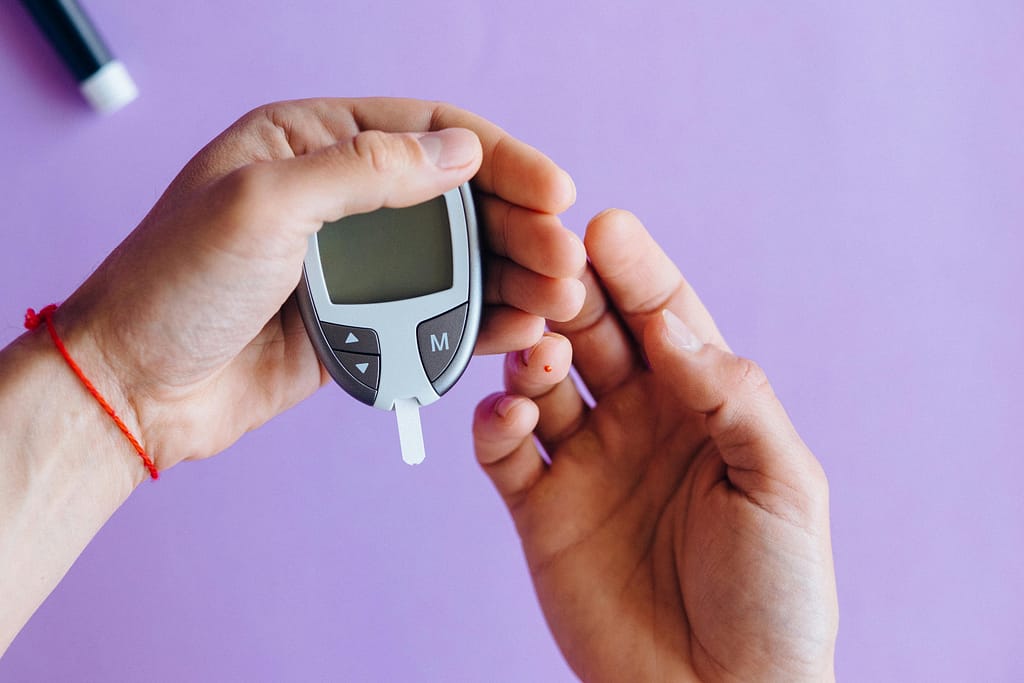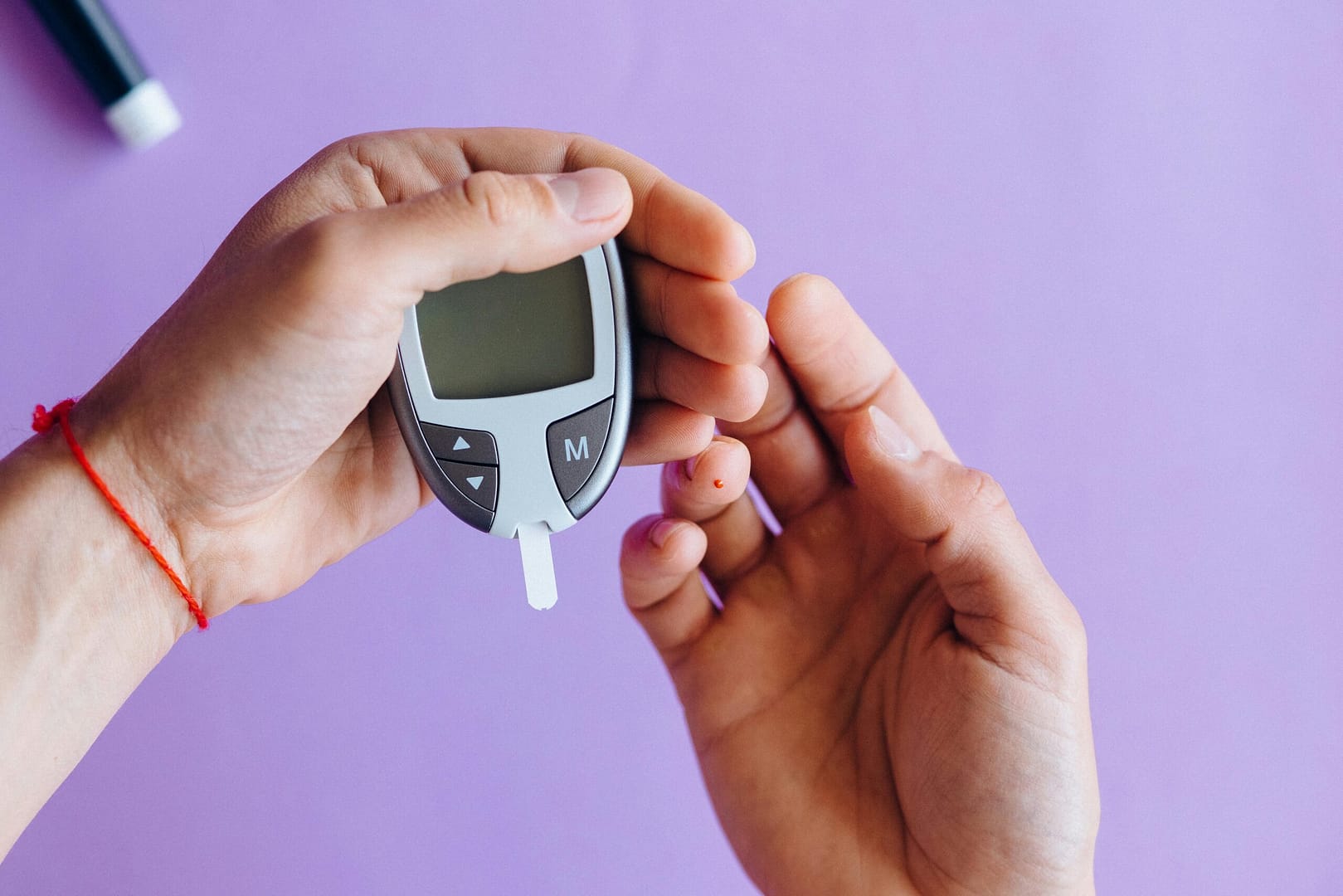Maintaining stable blood sugar levels is crucial for overall health, particularly for those with diabetes or prediabetes. Proper blood sugar management can help prevent complications and improve quality of life. Here are some effective strategies to control your blood sugar:
1. Monitor Your Blood Sugar Levels

Regular monitoring of blood sugar levels helps you understand how your body responds to different foods, activities, and medications. Use a blood glucose meter or continuous glucose monitor (CGM) as recommended by your healthcare provider.
2. Eat a Balanced Diet

A balanced diet is key to maintaining stable blood sugar levels. Focus on the following dietary principles:
- Choose Low-Glycemic Index (GI) Foods: Foods with a low GI release glucose more slowly and steadily. Examples include whole grains, legumes, non-starchy vegetables, and some fruits like berries and apples.
- Incorporate Fiber: High-fiber foods, such as whole grains, vegetables, fruits, and legumes, can help slow the absorption of sugar and improve blood sugar levels.
- Limit Refined Carbs and Sugars: Avoid sugary drinks, sweets, and processed foods that can cause rapid spikes in blood sugar.
- Include Healthy Fats: Healthy fats from sources like avocados, nuts, seeds, and olive oil can help you feel full and stabilize blood sugar.
- Eat Protein with Each Meal: Protein helps to slow down the absorption of carbohydrates and can help prevent blood sugar spikes.
3. Exercise Regularly
Physical activity helps your body use insulin more efficiently and can lower blood sugar levels. Aim for at least 150 minutes of moderate aerobic activity, such as brisk walking or cycling, per week. Include strength training exercises twice a week to build muscle, which helps your body use glucose more effectively.
4. Stay Hydrated
Drinking plenty of water helps your kidneys flush out excess sugar through urine. Aim for at least 8 glasses of water a day. Avoid sugary drinks, which can spike blood sugar levels.
5. Get Enough Sleep
Lack of sleep can affect hormones that regulate blood sugar, increasing insulin resistance. Aim for 7-9 hours of quality sleep per night. Establish a regular sleep routine and create a restful environment to improve sleep quality.
6. Try Sugar Defender
A clinically proven, 7-second evening ritual has been released that unleashes the body’s ability to replenish these cells, naturally balancing sugar levels overnight, without traditional treatments that only keep the symptoms at bay.
Over 42,537 men and women are already using this evening technique to balance sugar as they sleep. Potentially eliminating the risk of the debilitating problems linked to type-2 diabetes, all without restrictive diets, difficult exercise, dangerous pills or shots.
To learn how you can start implementing this technique right away, click “Learn More” below











